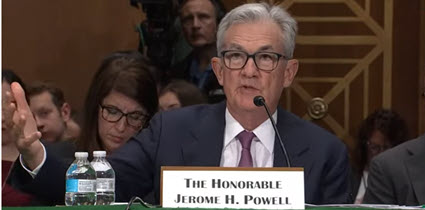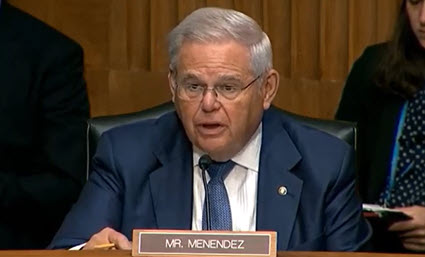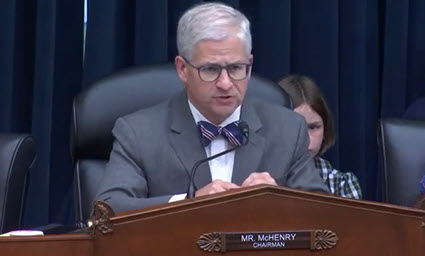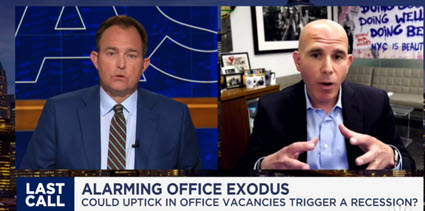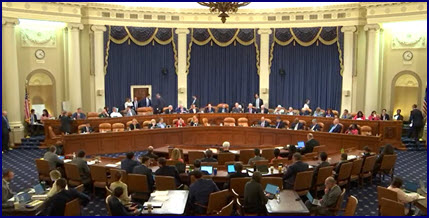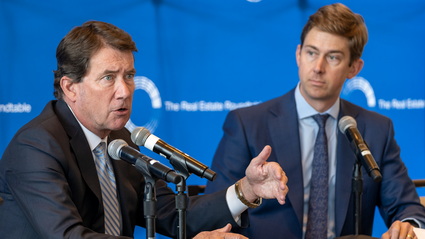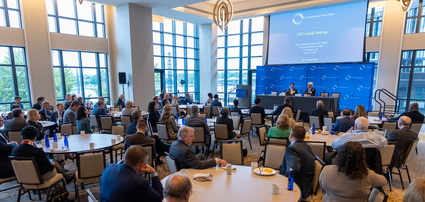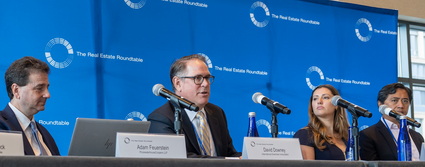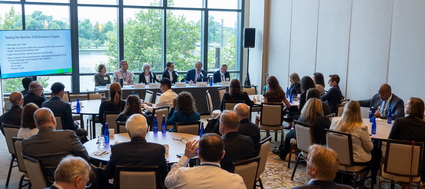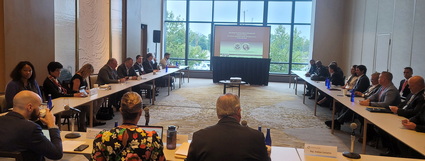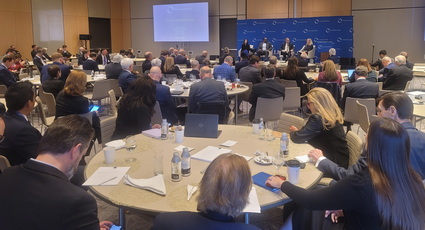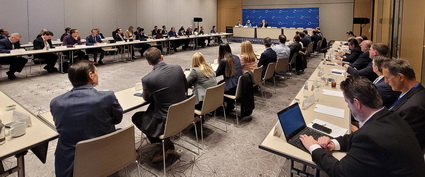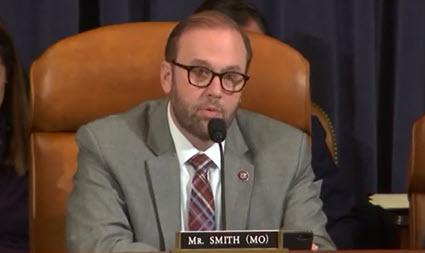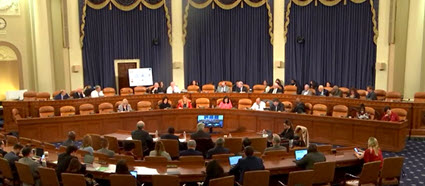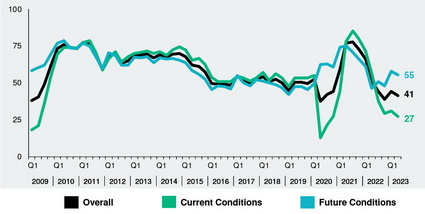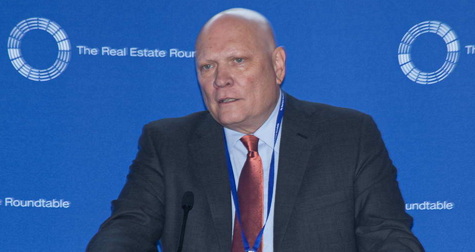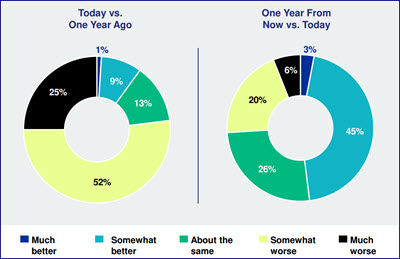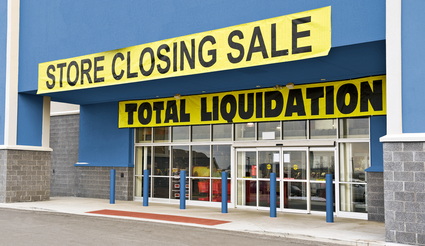
House Ways and Means Committee members Bill Pascrell Jr. (D-NJ) and Vern Buchanan (R-FL) this week reintroduced the Fair Accounting for Condominium Construction Act (H.R. 4280) to correct current condominium tax accounting rules that hamper construction financing.
Discriminatory Tax
- Current condo tax accounting rules require multifamily developers of condominium buildings to recognize income and pay tax on their expected profit as construction is ongoing. This “percentage-of-completion method” requires payment on pre-sale transactions well before a buyer closes and pays for a transaction.
- Homebuilders of single-family homes, townhouses and row houses are not subject to this tax accounting rule restriction, which unfairly accelerates federal income tax liability for new condominium construction.
- The Buchanan-Pascrell legislation would correct the discriminatory tax by providing condominium developers an exclusion from the percentage-of-completion tax method.
Roundtable Support for Change

- Real Estate Roundtable President and CEO Jeffrey DeBoer said, “Developers seeking construction loans face severe headwinds in today’s economy. Our tax accounting rules should not create additional barriers to the financing of new housing construction. Unfortunately, a quirk in the way that federal tax law works accelerates income from the pre-sale of condominium units and prevents developers from using their own revenue to finance condo construction.”
- “This tax aberration is unique to vertical condo development and does not apply to the construction of townhouses, row houses, or buildings with four or fewer units,” DeBoer continued. “The Buchanan-Pascrell bill would fix this issue and allow taxpayers to put their own capital to work expanding the supply and availability of housing.”
- The Roundtable is a long-standing advocate to correct this discriminatory rule as developers have struggled to access their own income (condo pre-sales) to self-finance new construction.
- On August 21, 2019 The Roundtable wrote to former Treasury Secretary Steven Mnuchin requesting regulatory relief from existing tax accounting rules that unfairly accelerate federal income tax liability for new condominium construction. (Roundtable letter)
- The Roundtable’s letter detailed how the completed contract method of accounting— rather than the percentage- of-completion method—would more accurately fit the economics of condominium construction. (Tax Notes, August 23, 2019)
- In 2008, the IRS and Treasury released proposed regulations (REG-120844-07) under section 460 that would treat individual condo units as townhouses or row houses.
The Roundtable’s Tax Policy Advisory Committee (TPAC) continues to advocate for the passage of corrective legislation that would level the playing field for accounting rules impacting condominium construction.
# # #
